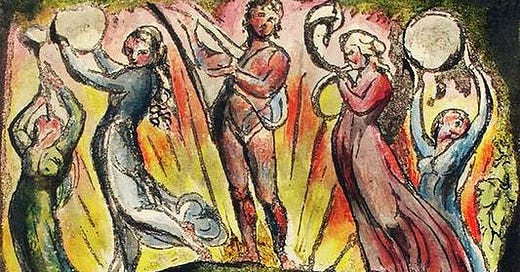If you’re anything like me, teachings on forgiveness have probably always struck you as somewhat… bleh. When people would preach forgiveness, I’d see their point, sure, but it always felt as if the teachings never applied to me.
Who do I have to forgive? That guy — his father beat him relentlessly his entire life; he’s got some forgiveness to make progress with. But me? I was never scarred like that, so what do I have to think about forgiveness for?
I should’ve been thinking about forgiveness, though. We all should be. Whether you view the bible as a historical or a metaphorical account, one thing is for certain; whoever wrote it was very concerned with forgiveness. When Jesus was crucified, his final earthly act was to forgive — not just those who wronged him, but everyone who’d ever done wrong or would ever do wrong for all of time.
I don’t point this out as an appeal to authority — I’m not saying, “Forgiveness must be important because the Bible says so.” I’m simply making the case that, given forgiveness is such an important part of that story, it’s worth taking a look into.
And when you take a look into forgiveness, it isn’t long before you realize what a key part of manifestation it is.



